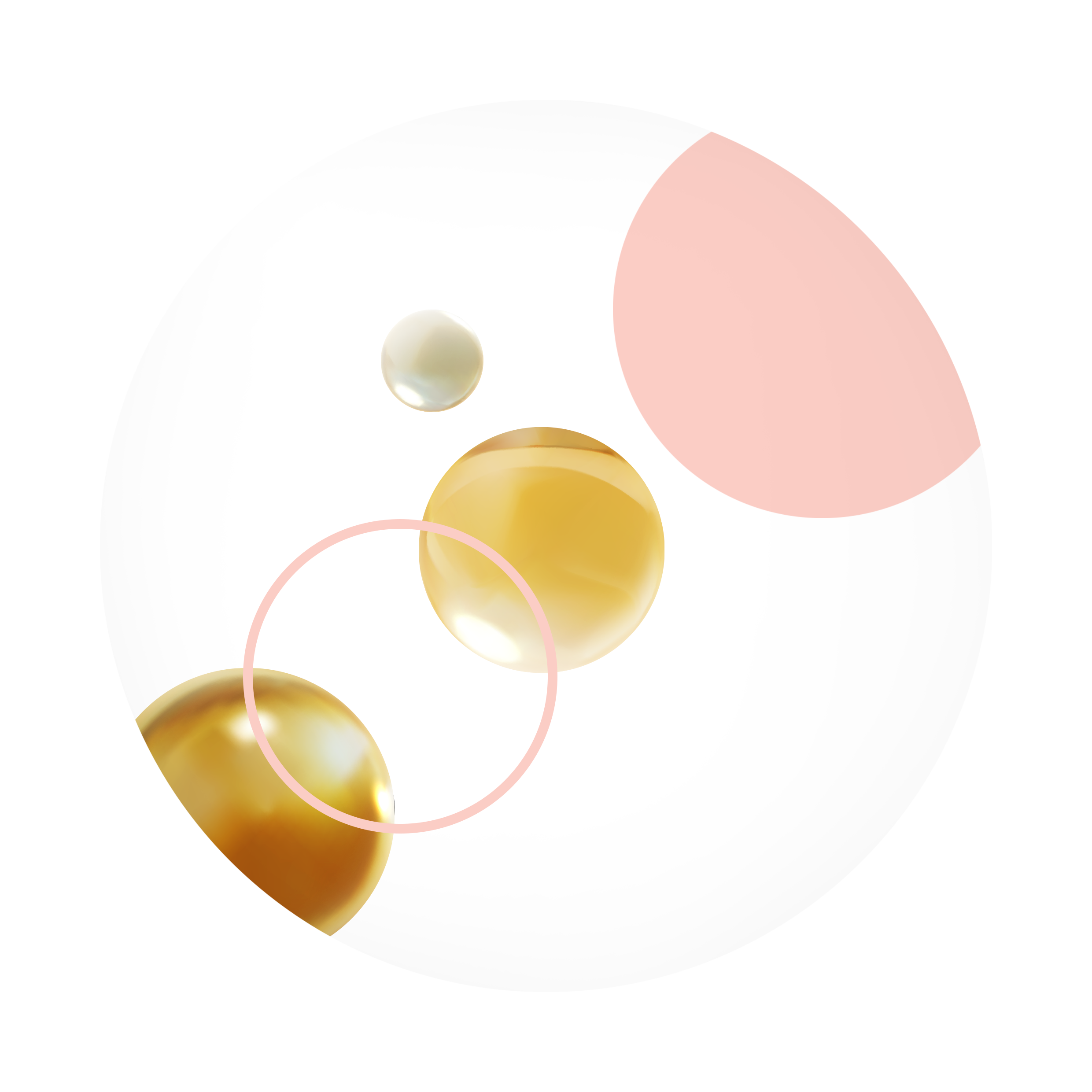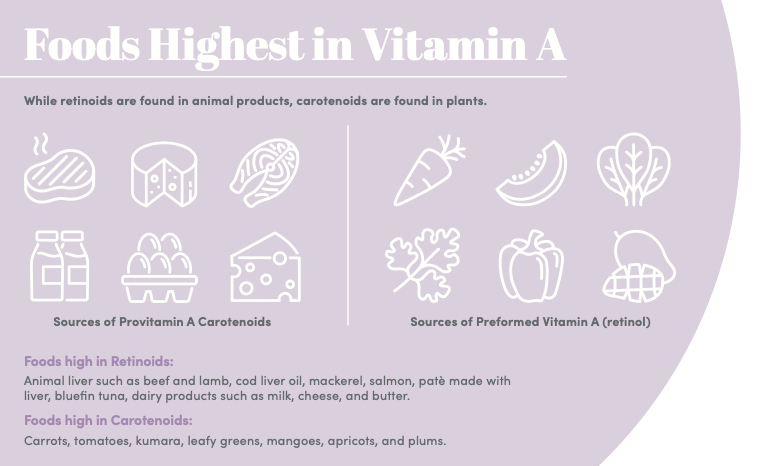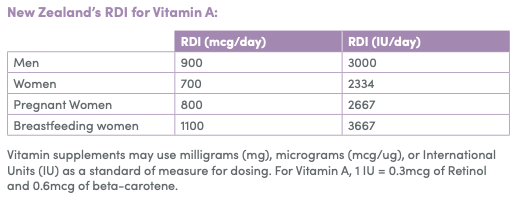Everything You Need To Know About Vitamin A and Beauty Supplements

Vitamin A is one of the few ingredients that can claim medical benefits and is available for prescription with proven skin benefits.
It is recognized as not only one of the most effective ingredients to add to your skincare list but also one of the most aggravating. If you have ever gone
too hard with Vitamin A – you will know exactly what we are talking about. If
you have ever been on Accutane (also known as Roaccutane), you would also understand. Vitamin A is not only an effective topical ingredient; it is effective as an oral supplement. Without realising, we consume it every day in our diet.
What is Vitamin A?
Vitamin A is a fat-soluble antioxidant found stored in our liver. It functions
to support skin, eye, and reproductive health while maintaining a strong immune system. It’s found naturally in common foods and is an essential part of our diet to maintain optimal health.
Two types of Vitamin A exist in our diet:
Retinoids: a preformed Vitamin A
e.g. retinyl acetate, retinol
Previtamins are immediately active and readily usable by the human body.
Carotenoids: a proformed Vitamin A
e.g. beta-carotene
Provitamins (also known as precursors vitamins) aren’t biologically active and usable until they are metabolised and converted to their active form.
Carotenoids get converted to retinol by the liver.
Retinol is stored in the liver or transported around the body by your lymphatic system – it is then further converted to retinal and then retinoic acid (the active Vitamin A form).

Eat Your Carrots
Vitamin A, also known as retinol, helps produce the pigments in the retina. This is where the half-myth stems, as carrots are high in carotenoids, a precursor to Vitamin A! So while it won’t give you superhero night time vision, it may help you maintain tip-top eye health and improve low-light vision.
Vitamin A Supplements
Vitamin A supplements are commonly used to boost a weak immune system and improve skin and eye health. It’s important to note these supplements are different from prescription oral Vitamin A medication used to treat severe acne. Vegetarian and vegan Vitamin A supplements will only contain carotenoids. Commonly, Vitamin A supplements will include a mixture of both carotenoids and retinoids. On the label, it may provide the retinol activity equivalents (RAE). The RAE is the Vitamin A potential of carotenoids — or how much vitamin A they provide after being converted into active vitamin A in the body.
Skin Benefits of Vitamin A
- Regulates skin cell turnover.
– Vitamin A stimulates the production of new skin cells. As we age, our skin cell turnover rate decreases from 28 days in your 20-30s to up to 90 days once you’re in your 50s. A fast turnover rate helps to reveal fresh, radiant skin cells underneath. - Stimulates collagen, elastin, and GAGs (hyaluronic acid) production
– Through stimulating fibroblast cells – thicker skin, reduced wrinkles, improved texture, improved skin strength, hydration, and barrier function.
– Through decreasing MMPs activity (which breakdown collagen and elastin). - Regulates melanogenesis process – To prevent unwanted hyperpigmentation such as sunspots and post-inflammatory hyperpigmentation (PIH).
Optimal Daily Dosage of Vitamin A
Dosage is an important consideration with Vitamin A, and its supplementation as too little and too much Vitamin A can cause harm.
Too little Vitamin A can cause a condition called hyperkeratosis – where keratin builds up in hair follicles, causing raised bumps on the skin. During pregnancy, Vitamin A deficiency can lead to the child being born with a condition xerophthalmia, characterised by impaired eyesight.
Overdosing in Vitamin A may happen by enjoying a diet overly rich in retinoids, such as eating a lot of liver, pate, or cod liver oil at once. It can also happen if you take multiple supplements that contain Vitamin A. This can lead to hypervitaminosis A – a condition characterised by increased head pressure, dizziness, nausea, headaches, skin irritation, pain in joints and bones, coma, and other more serious consequences. Overdosing on Vitamin A while being pregnant can also lead to birth malformations. Take care if pregnant; watch your dietary intake of retinoids and don’t double up on supplements containing Vitamin A. To be safe, consult your GP or lead maternity carer before starting a new supplement.
It is worth noting a diet high in carotenoids is not associated with Vitamin A overdosing or any of its toxicity profiles. So there’s no need to limit your carrot intake for this sake.

This is just a taste of what our 28 page Skin Supplementing Guide has to offer
Download Ingestible Beauty
– Your Complete Skin Supplementing Guide








